Yet, even as Natchathiram Nagargiradhu deconstructs some of the myths around love, it holds onto the idea that love is an organic, spontaneous force. But is it really? The film hints at other forces at play - social facts that might be influencing even the most seemingly organic of emotions. For instance, Rene’s rejection of Arjun could be seen as influenced by contemporary social factors like fashion or class. Or consider the white woman in the group who chooses Iniyan over another suitor - are these choices really free, or are they shaped by new social norms that seek to replace the old ones?
This 31st August marked two years of Natchathiram Nagargiradhu, a Pa Ranjith film that perhaps didn’t receive as much attention as it deserved, I find myself reflecting on the film’s powerful commentary on love and society again. This Pa Ranjith’s cinematic masterpiece didn’t just add another story to the roster of Indian love films; it sought to disrupt the entire narrative, challenging our understanding of what love means in the context of caste, gender, and social norms. With Ranjith's latest film, Thangalaan, recently hitting the screens, it feels like the perfect time to revisit the complex world of Natchathiram Nagargiradhu and examine the way it redefines love as a catalyst for social change.
Love in Popular Cinema: A Familiar Narrative
Cinema has long been a powerful medium for exploring love, often elevating it to an almost mythic status. Think about how many films you’ve watched where love is the central plot or at least a crucial subplot. It’s so ingrained in our cinematic experience that when a movie doesn’t feature a love story, it feels almost incomplete.
I remember watching a Malayalam film not too long ago and being surprised by the absence of a romantic plotline. It was a reminder of just how conditioned we have become to expect love in every story. And it’s not just me. Cinema has shaped the idea of love for countless people, often portraying it as a force that conquers all, whether it’s class, social barriers, or even, as in The Matrix, the fate of the world. I remember a TV journalism professor declaring in our class, ‘it’s the movies that teach you; what is love, whom to love and how to love!’
Take Bollywood, for example. The 1990s were flooded with movies like Dulhe Raja, where the hero, usually poor, would fight against all odds to win the love of a wealthy heroine. This love was depicted as something pure and worth struggling for, a force that could bridge any gap, be it social or economic. And of course, by the end of the film, love would triumph, often with the hero somehow becoming rich and worthy of his beloved - cue the happy ending, much like in Mr. & Mrs. Khiladi.
Deconstructing Love: The Genius of Natchathiram Nagargiradhu
Enter Natchathiram Nagargiradhu, a film that dares to ask: what happens when love is not just a plot device, but a subject of critical examination? Pa Ranjith doesn’t just give us another love story; he gives us love stories that interrogate the very concept of love and its intersection with societal norms.
The brilliance of Natchathiram Nagargiradhu lies in its narrative structure, where a theatre group serves as the primary storyteller. The group is creating a play that delves into the ‘stories’ society attaches to love-stories that are often laden with expectations, prejudices, and political undertones. Ranjith presents love as something organic, something that just happens between two people, free from societal constraints. But as the film unfolds, it becomes clear that society is never far behind, always ready to impose its rules and demand ‘reasons’ for such love.
In one scene, a character in the play asks, “How can a domestic cat fall in love with a wild cat?” Here, the metaphor of domestic and wild cats stands in for caste, a subject too ‘sensitive’ to be named directly in the play. The film deftly uses these hypothetical castes to explore the very real and painful dynamics of caste in India.
Initially, the play within the film is set to end in tragedy - a reflection of the reality of many honour killings in cases of inter-caste love. But the theatre group’s narrative evolves, choosing instead to end with a glimmer of hope, with the father of the girl finally accepting this love. Yet, Ranjith doesn’t let us off the hook so easily. He interweaves the characters' personal lives with the play, showing us that the struggle against societal norms is not just a story on stage; it’s a battle each character is fighting in their own life.
The Dialectic of Love and Society
At the heart of this narrative is Rene, a fierce and complex character who refuses to let the society ‘define her’. Her relationship with Iniyan, an upper-caste man, is fraught with tension, opening with a scene that sets the tone for the film - a moment of intimacy followed by a violent outburst when Iniyan makes a comment about her caste. Rene’s journey is not just about love; it’s about self-assertion, identity, and defiance against the oppressive structures that seek to define her.
Then there’s Arjun, the new member of the group, who comes from a landed, upper-caste background. His struggle is different - he’s grappling with the politics of the group, trying to make sense of lives and loves that defy his traditional understanding of caste and gender. His initial ignorance and insensitivity create friction, and at one point, he’s nearly ousted from the group. But Rene steps in, advocating for his potential to learn and grow. “Political correctness doesn’t come in a day,\”, she says. “Each minute of our lives, every situation we face, each mistake we make, acknowledging and changing (it) brings political correctness”
This is where the film’s dialectical approach shines. The interactions between Rene and Arjun, and indeed between all the characters, are not just exchanges - they’re debates, conflicts, and ultimately, opportunities for transformation. Arjun’s journey from ignorance to understanding is a testament to the possibility of social change, a change driven by love but informed by a deeper engagement with the world around him. In one scene Arjun himself says that if he can change, social change is not impossible.
Retelling Love as a Force for Social Change
What Ranjith accomplishes in Natchathiram Nagargiradhu is a reframing of love - not as an escapist fantasy, but as a force capable of challenging and transforming the most entrenched social norms. Love in this film is not just personal; it’s political. It’s a challenge to the social facts that, as Durkheim would say, exert a coercive influence on individuals, shaping behaviour and maintaining societal order.
Durkheim described social facts like casteism and heteronormativity as forces that impose themselves on individuals, whether they wish it or not. They regulate behaviour, often violently, ensuring that most people conform to the societal norms of the time. Natchathiram Nagargiradhu is the story of those who refuse to conform, who are driven by love to challenge these social facts in the hope of creating a more just world.
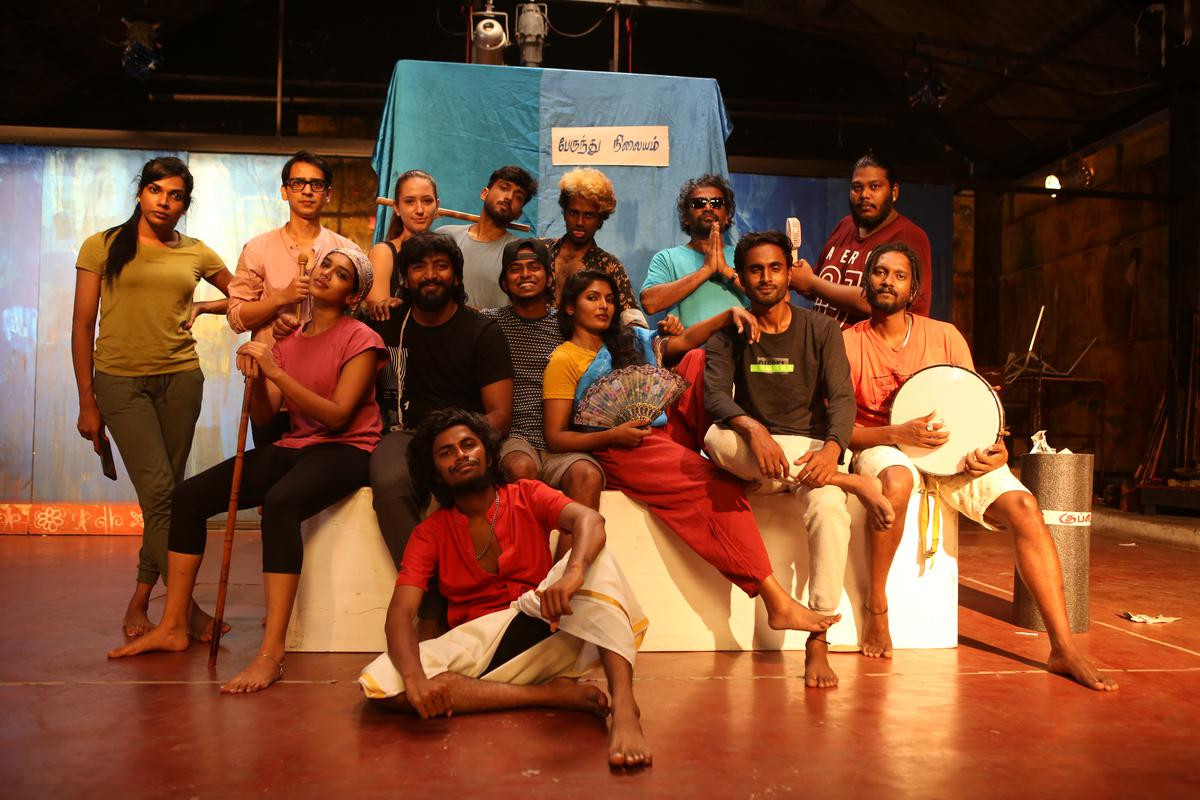 Ranjith also challenges the traditional, idealized notion of ‘the one true love’ in the popular cinema. In one scene, Rene casually mentions that she has fallen in love many times before, much to Iniyan’s dismay. But this is not a rejection of love; rather, it’s an acknowledgment that love is fluid, dynamic, and ever-evolving. It’s not a singular, all-consuming force but a series of connections and relationships that shape who we are.
Ranjith also challenges the traditional, idealized notion of ‘the one true love’ in the popular cinema. In one scene, Rene casually mentions that she has fallen in love many times before, much to Iniyan’s dismay. But this is not a rejection of love; rather, it’s an acknowledgment that love is fluid, dynamic, and ever-evolving. It’s not a singular, all-consuming force but a series of connections and relationships that shape who we are.
Is Love Really Organic?
Yet, even as Natchathiram Nagargiradhu deconstructs some of the myths around love, it holds onto the idea that love is an organic, spontaneous force. But is it really? The film hints at other forces at play - social facts that might be influencing even the most seemingly organic of emotions. For instance, Rene’s rejection of Arjun could be seen as influenced by contemporary social factors like fashion or class. Or consider the white woman in the group who chooses Iniyan over another suitor - are these choices really free, or are they shaped by new social norms that seek to replace the old ones?
In this sense, Natchathiram Nagargiradhu not only questions the old narratives about love but also challenges us to think critically about the new ones. Love, in Ranjith’s film, is not just a force that challenges the traditional social facts; it might also be a medium through which new social facts are formed and perpāetuated. A societal creation for social change.
- Rushikesh Gawade
(Author is a PhD Research Scholar in the Department of Humanities and Social Sciences, IIT Bombay)
Tags: Pa Ranjith nathchathiram nagargiradhu love social change nathchathiram-nagargiradhu Emile Durkheim Cinema film review Load More Tags

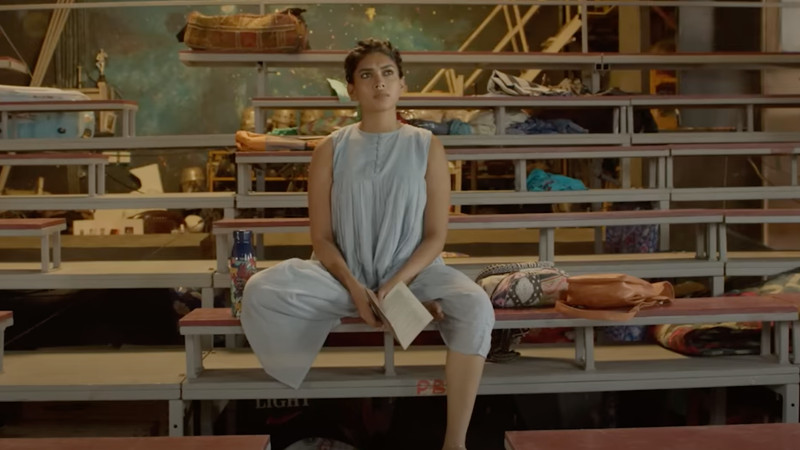

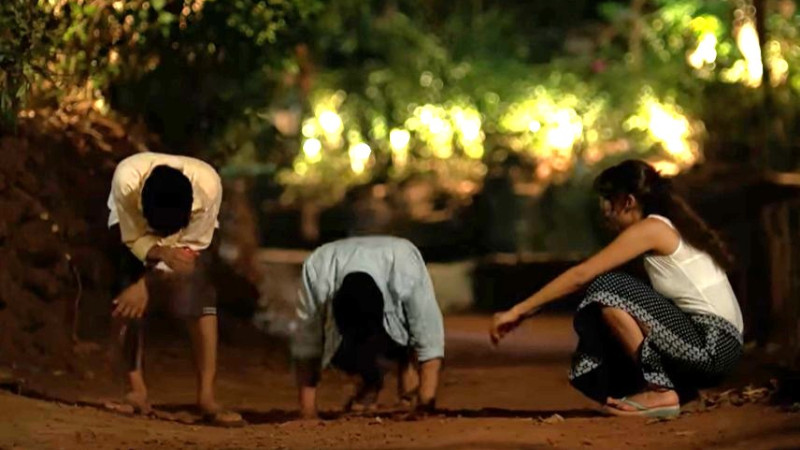
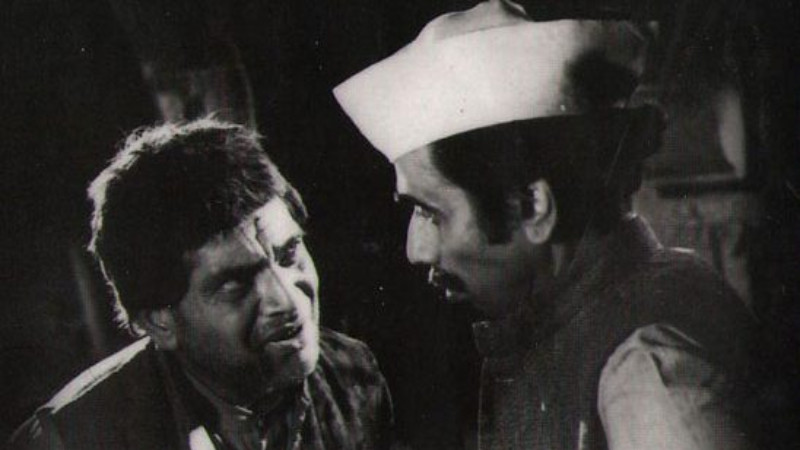

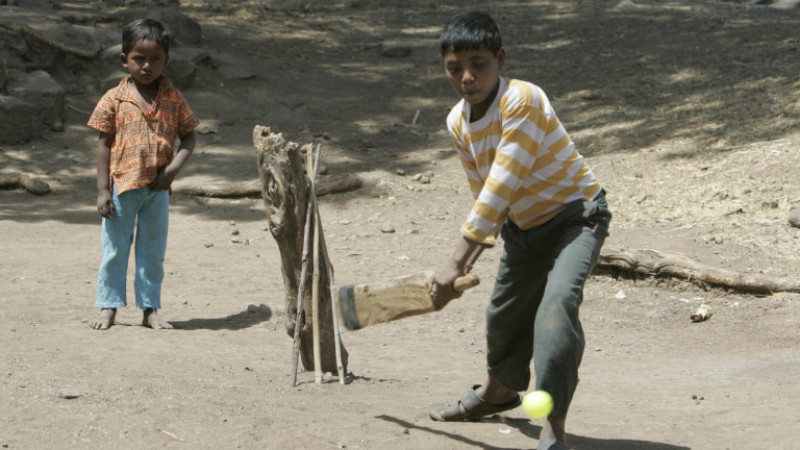

























Add Comment